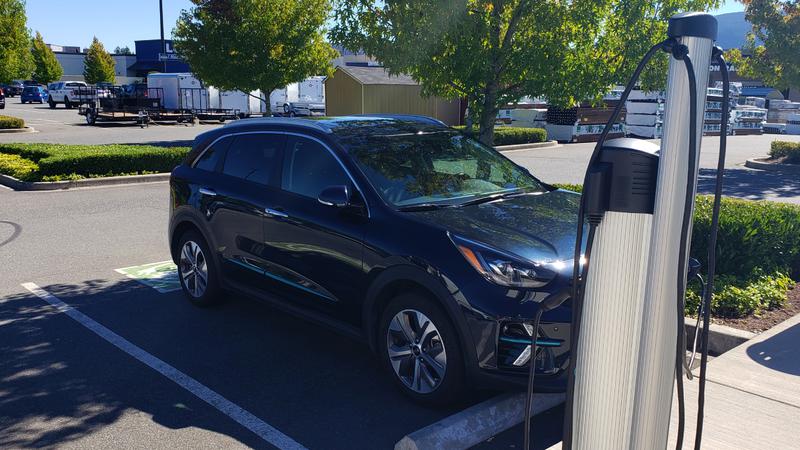
New charging stations to bolster central Island network for electric vehicles
NANAIMO — Electric vehicle owners in the region will soon have a more stable, widespread network to fuel their travels.
A Regional District of Nanaimo-led effort involving nearly a dozen other Island municipalities secured over $500,000 in provincial and federal grant funding to purchase and install 28 new EV charging stations with 10 earmarked for the RDN.
The stations will be placed at government-owned facilities and bolster a local network of over 40 charging stations dotted throughout Nanaimo and the Oceanside region.
“It provides more choice and hopefully fills in some gaps that are there,” Kim Fowler, RDN manager of long range planning, energy and sustainability, said. “I’ve heard from EV owners that they’re now more likely to go on trips.”


